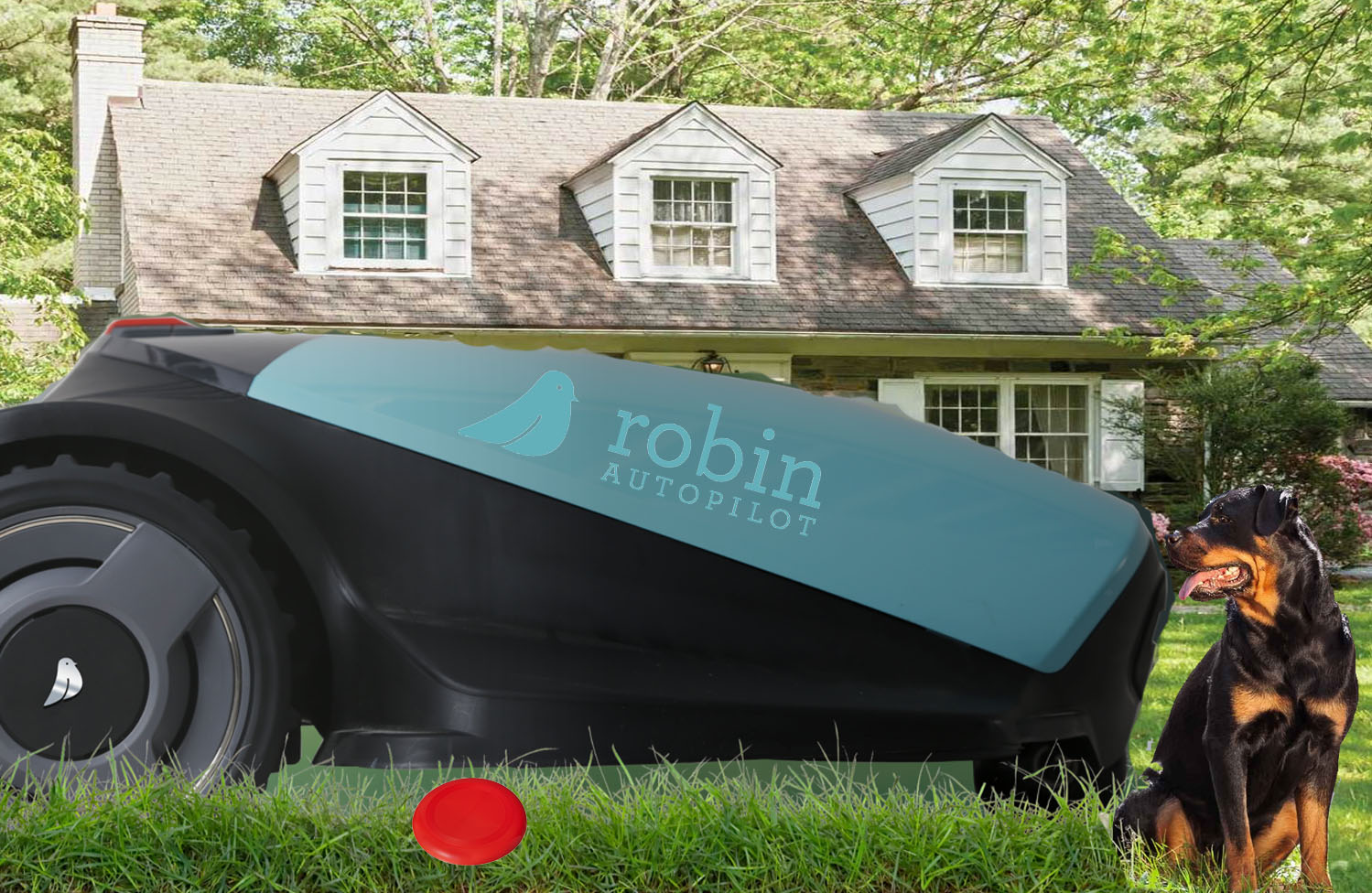Back in the 1980s, when life was simple and the music was, well, interesting, a movie was released predicting a time in the future where technology would one-day overtake its human creators. “Terminator,” which starred former Governor of California Arnold Schwarzenegger, posited that in the near future, the very technological framework that we put in place to make our lives easier would rise against us, and initiate a program of genocide.
I apologize, ahead of time, for giving you any reason to think your Amazon Echo is out to get you, I watched far too much science-fiction films growing up.
Nevertheless, as we embrace the ignorant bliss of automating our lives, tech startups are sprouting up left and right, utilizing artificial intelligence, and other SkyNet-esque technologies to offer products and services to consumers with their eyes on the future.
Whether we want it to or not, the future is pressing onward at an alarming rate. Slowly but surely, we’ve become a throw-away society with rodent-like attention spans, constantly looking for the next piece of technology we can purchase.
It’s a painful existence, and it would seem that living a life like this will result in never being fully satisfied, but if there’s one futuristic threshold worth breaking through, it’s embracing the world of automation.
The ingenious minds responsible for some of the world’s most innovative tech companies have informed us, over the past few years, of their foray into projects related to self-driving vehicles, drone parcel delivery services, and, as it relates to today’s lesson, robotic lawnmowers. Back in 2016, Robin Autopilot was founded to take the pain out of maintaining a well-kept lawn, an issue that we can all get behind, right?
“We were trying to find lawn care companies that were reliable, having to pay with cash or checks under doormats. I mean, we’re all tech guys from the 21st century, and it was hard to believe that there’s this $70 billion business that still operates the same way it did 30 years ago…”
–Justin Crandall, co-Founder, Robin
Robin’s automated mowing bots use a magnetometer rather than wireless or IR
According to their website, one hour of mowing with a regular lawnmower emits “as much pollution as eleven hours in your car, and the mower spews 87 lbs. of greenhouse gases into the air each year.” Given that air pollution is one of the world’s most significant environmental health risks, Robin’s catering to consumers interested in living past their forties may serve them well as the Company continues to releases mowers.
My only fault with Robin Autopilot is that there are millions of Americans who live in dwellings without lawns to maintain, resulting in the creation of a niche market perhaps so specific that it may hinder revenue. In recognition of this, Crandall, the Company’s co-Founder told TechCrunch that there are plenty of homes in need of Robin mowers.
“In Texas over 90 percent of homes have a fenced in backyard, and even in places like Charlotte and Cleveland it’s roughly 25-30 percent, so technology like this is critical to adoption,” Crandall told me. “We generally dock the robots in the backyard for security. When it’s time to mow the front yard, the robots drive to the door we place in the fence. As it approaches the door, the robot drives over a sensor we place in the ground. That sensor unlocks the door to allow the mower access.”
–Justin Crandall, co-Founder, Robin





